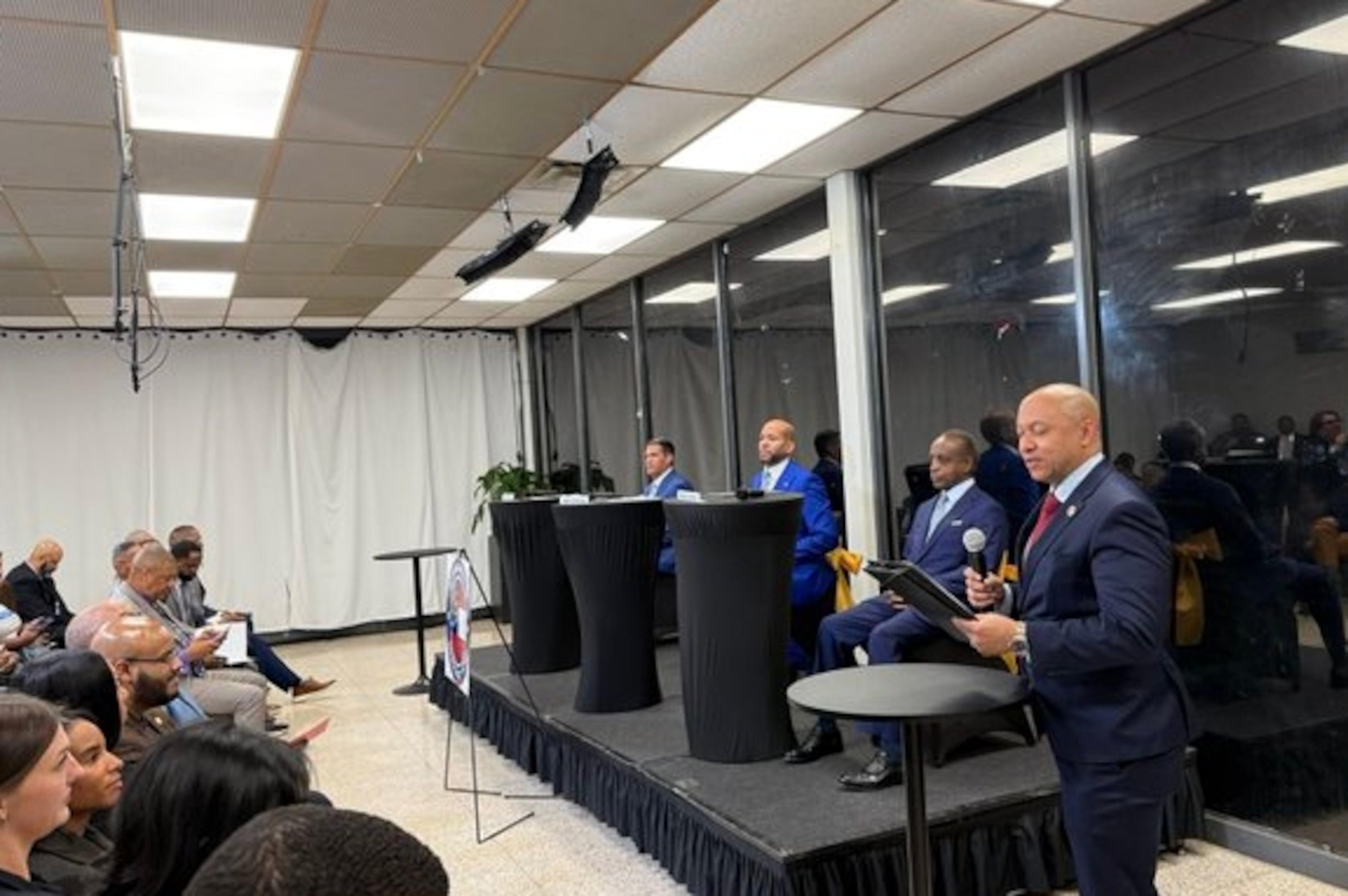Will the call for unity last? It will be difficult.

In the aftermath of former President Donald Trump’s apparent assassination attempt, the Republican Party is setting aside incendiary rhetoric in favor of a message of unity, but some are skeptical that will last.
On Monday’s “Politically Georgia,” University of Georgia political science professor Charles Bullock weighed in on Saturday’s attack and provides some context for violent rhetoric in American politics.
“So much has been said, it’s impossible to take it all back,” Bullock said.
Social media has fanned the flames of today’s incendiary political speech in recent election cycles, Bullock said.
“In the past, you might be the one kook in your area, but now you’ve got a whole community out there that you can join and feed off of,” Bullock said. “And the whole mob psychology is that people will do things if they think they are part of a much larger group that they would not do if they saw themselves as acting alone.”
Bullock looked to the U.S. Senate where political parties used to have cordial disagreements off of the Senate floor. Now, senators demonize one another for finding common ground or interacting with opposing parties, he said.
The political messaging of 2024 often leads to personal attacks on the opposing party and taking advantage of political failures rather than seeking out what is best for the country, he said. He said this stark shift in political messaging is unlikely to last in the wake of years of combative rhetoric and name-calling.
“We’ve had years and years of throwing fuel on the fire, so it’s awfully difficult for a number of folks to simply change the way they behave,” Bullock said.
Tuesday on “Politically Georgia”: Brian Jack, the Republican nominee in Georgia’s 3rd Congressional District and a former Trump aide, joins the show.



